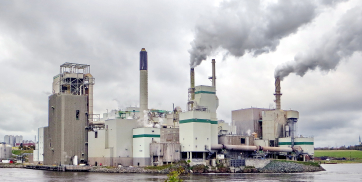OGCI 2020 Progress Report
OGCI has released their 2020 progress report, “Delivering on a low carbon future”. Member companies have cut their aggregate methane emissions by 22% over the past two years. Download the progress report here to read more about their response to climate change.
MiQ Certification System
MiQ has released a certification system that aims to level the playing field for oil and gas producers globally to ensure a universal standard for assessment of methane intensity. The MiQ standard has been designed to enable the production and sale of differentiated natural gas – allowing producers to command a premium for sustainability. Find out about the five key principles of the MiQ Standard and how the MiQ certification works here.
Cenovus Uses Aircraft to Monitor for Fugitive Methane
Cenovus Energy has been working with Bridger Photonics to screen for methane emissions using an aerial LiDAR system that generates high-resolution imagery of methane plumes. After aerial screening is performed, a ground-level follow-up team is sent to confirm the findings and a site-specific methane reduction plan is created and implemented. Sean Hiebert, Emissions Management Engineer at Cenovus is optimistic about this approach. Read more about their Alternative Fugitive Emissions Management Program (Alt-FEMP) here.
Natural Gas from Seven Generations Chosen For Sustainability
VGS has chosen to use natural gas produced by Seven Generations Energy to serve homes in three counties in Vermont. Seven Generations natural gas, which is Equitable Origin EO100™ certified, is responsibly-sourced and meets strict performance criteria evaluated by Equitable Origin. Read more here.
December 10, 2020 - IPIECA's webinar
The Methane Guiding Principles (MGP) is a voluntary initiative which is in part supported by IPIECA. MGP has produced ten best practice guides and a best practice toolkit to help increase performance in the gas supply chain. On December 10, 2020, IPIECA is offering the webinar, “Reducing methane emissions from the oil and gas sector – guidance for improved operations”, which introduces the scope and content of the guides and explains how operators can make use of them. The speakers will present an example of the methane cost model screening tool, which can help detect potential reduction projects.
Red seaweed - the solution to methane produced by cows?
A recent study has shown a shocking 98% reduction in methane emissions when 0.2% red seaweed is included in a cow’s daily feed. Livestock accounts for 15% of GHG emissions, so this is a significant finding. Furthermore, growing seaweed helps reduce ocean acidification, and helps reduce carbon dioxide. Read this fascinating article here.
December 15, 2020 - SensorUp webinar
SensorUp is offering a webinar on “How to make use of the international methane data sharing standard for your business” as part of their SensorUp Sustainability Series. The webinar is geared toward everyone interested in the oil and gas value chain.





